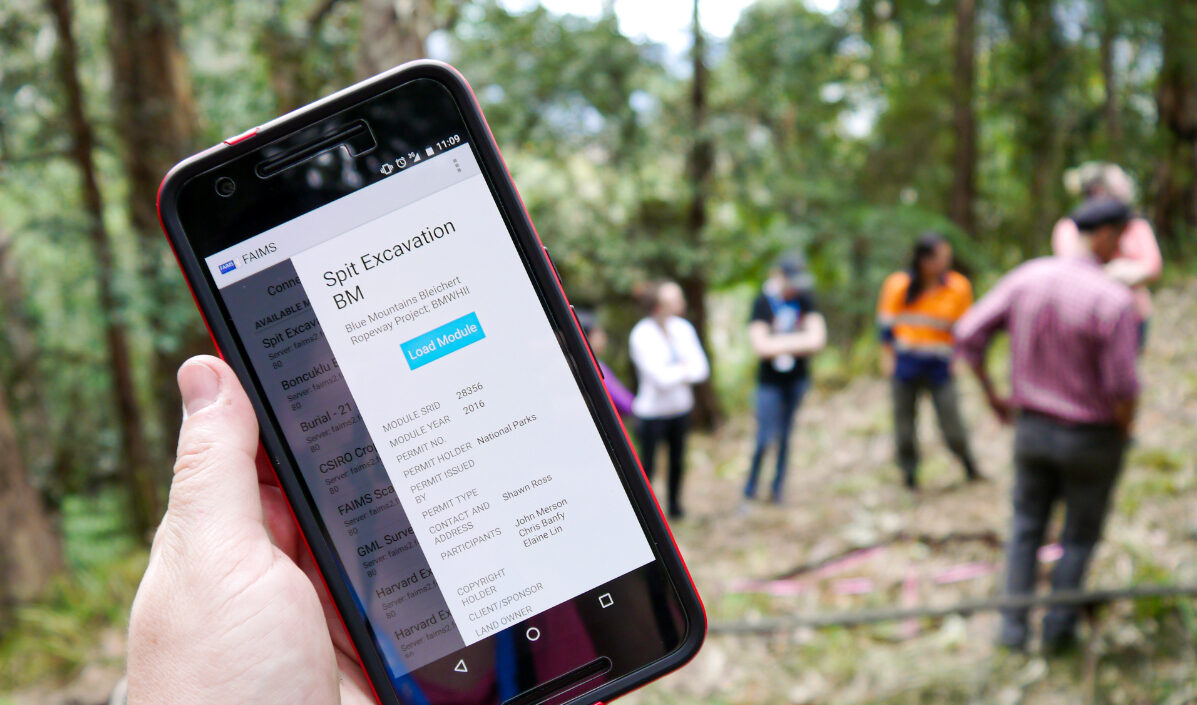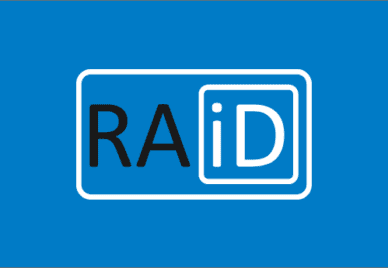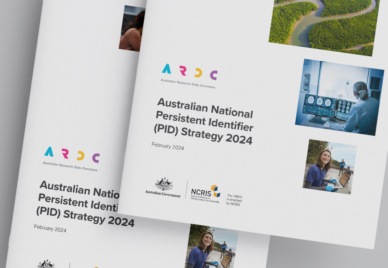
Banner image: The Institutional Underpinnings program will promote alignment across the university sector.
In an outstanding collaborative success, 25 of Australia’s 42 universities are coming together to develop a framework to bring consistency to the management of research data across the university sector.
The universities answered a call in 2020 to be part of the ARDC Institutional Underpinnings program, to develop, test and validate a nationally agreed framework for research data management. The program aims to increase Australian universities’ capability in research data management and encourage collective problem-solving and alignment across the sector and the 25 participating universities were announced this week.
Nichola Burton is the ARDC Program Manager for the Institutional Underpinnings program: “Good research data management is hard. It requires investment, effort and culture change. It’s a constantly evolving problem and each university is trying to solve it by themselves.”
Having a nationally agreed framework will streamline the creation of national data assets and make collaboration between universities easier, she says. Achieving these aims will also bring systematic improvements in research integrity and data reuse.
Part of the challenge, says Burton, is that responsibility for research data management is often spread over several departments or business units of a university, sometimes falling through cracks. “When you have, for example, the library, the research office, IT, the policy office, ethics, eResearch—and all coming with significant motivations—this can make it hard to run it effectively. It’s a big, difficult problem.”
As there is no common organisational structure in universities, where this responsibility sits can also differ wildly, she adds.
Capability also varies. “Some universities are really well resourced to provide data curation to researchers or have beautifully integrated data management and planning systems. Other universities, often if they do less research, have less resourcing.”
While all members of the Group of Eight have signed up for the program, Burton stresses that the goal is to uplift capability across all Australian universities.
“The framework should help each university’s strategic view of which parts of their organisation need to be working together [on this]. And if all universities are working from the same playbook, we will have more cohesion and opportunity for collaboration across the sector.”
As well as the growing burden of storage, data poses challenges in terms of the management of access and sensitivity, and the need to make decisions about long-term retention and disposal.
The framework will describe the principles underlying good research data management; the policies, procedures, infrastructure and services required; and the decisions about data that must be made during the lifecycle of the data. It will help universities with long-term planning, with identifying and internally coordinating required services, and with building a case for investment.
It will be technology agnostic and not prescriptive. “It’s about policy, procedure and decision-making around infrastructure rather than the technology infrastructure. For example, it will not be specific about storage or repository systems but if you need a solution for storing data [it will say], these are the factors you should consider.”
Among universities there is a lot of appetite for change, says Burton: “Some universities are drowning under data and the problem is only getting bigger.”
Also driving interest is the Australian Code for Responsible Conduct of Research, jointly developed by the ARC, the NHMRC and Universities Australia, which researchers are required to abide by if they receive grant funding from those bodies. “The 2018 Code is specific around research data management infrastructure [for the institution] and those requirements are only going to get stronger.”
ARDC will manage and coordinate the program and are also co-investing $65,000 in each participating university to encourage broad coverage of and collaboration within the sector.
Ultimately, the universities will own it, says Burton. “The framework will be developed by and owned by the institutions. ARDC is providing a forum and structure for cohesiveness across the sector.”
The process of developing the framework will in itself bring good outcomes, he adds: “We specified that the universities have to participate at the institutional level, so we are encouraging conversations within the university and getting uni-to-uni conversation in a sector where they are, on many levels, effectively competitors.”
Universities Participating in the Institutional Underpinnings Program
- Australian National University (ANU)
- Bond University (Bond)
- Charles Darwin University (CDU)
- Curtin University
- Edith Cowan University (ECU)
- Federation University Australia
- Griffith University (GU)
- Macquarie University (MQU)
- Monash University
- Queensland University of Technology (QUT)
- Swinburne University of Technology
- University of Adelaide
- University of Canberra (UC)
- University of Melbourne (Unimelb)
- University of New England (UNE)
- University of New South Wales (UNSW)
- University of Queensland (UQ)
- University of Southern Queensland (USQ)
- University of Sydney (USyd)
- University of Tasmania (UTAS)
- University of Technology Sydney (UTS)
- University of Western Australia (UWA)
- University of Wollongong (UoW)
- Victoria University (VU)
- Western Sydney University (WSU)
Read more about the ARDC’s Institutional Underpinnings program, which aims to develop a coordinated approach to research data management across Australia’s universities.
The ARDC is funded through the National Collaborative Research Infrastructure Strategy (NCRIS) to support national digital research infrastructure for Australian researchers.






